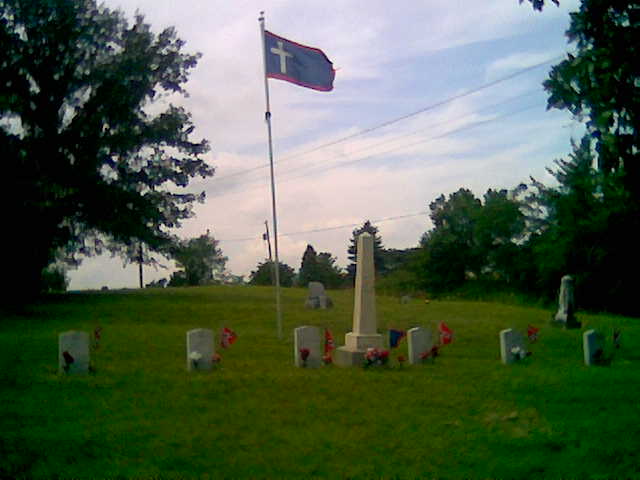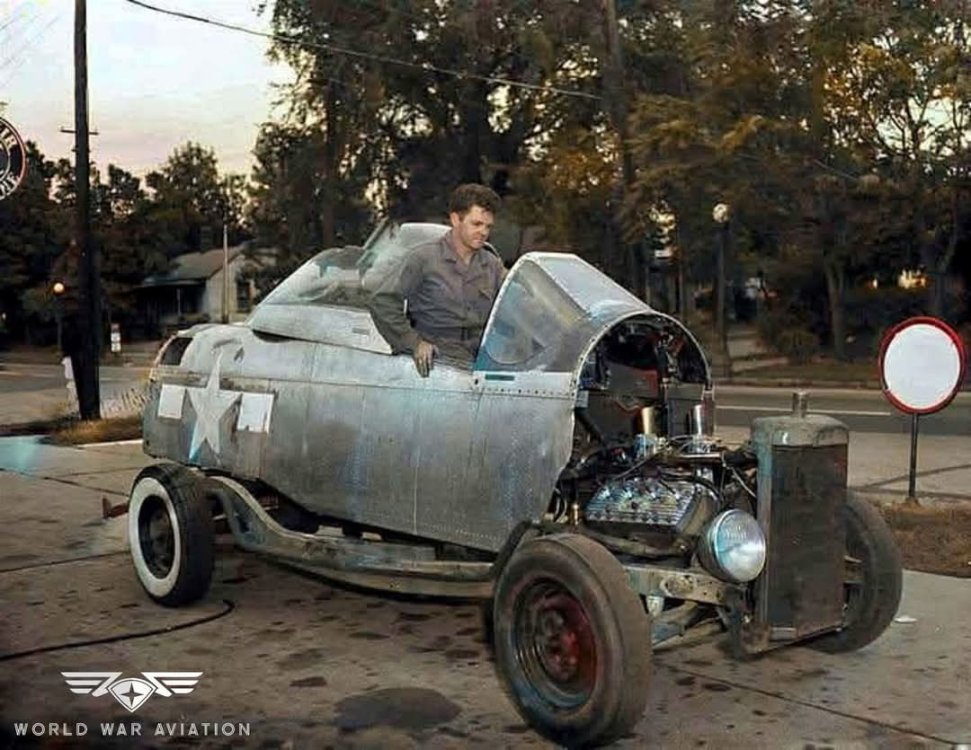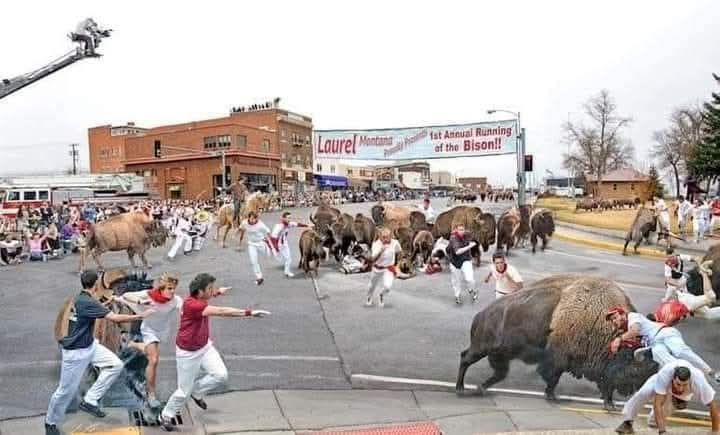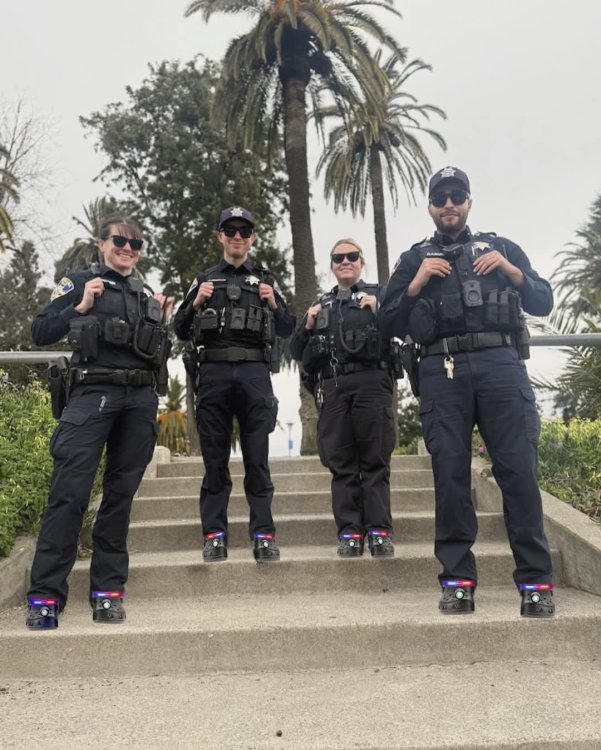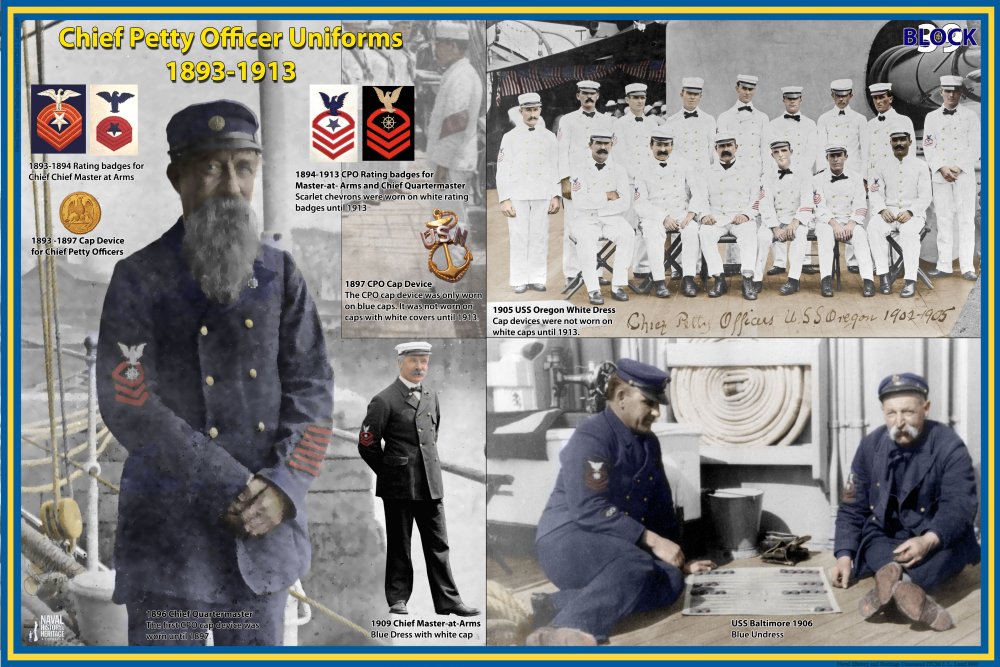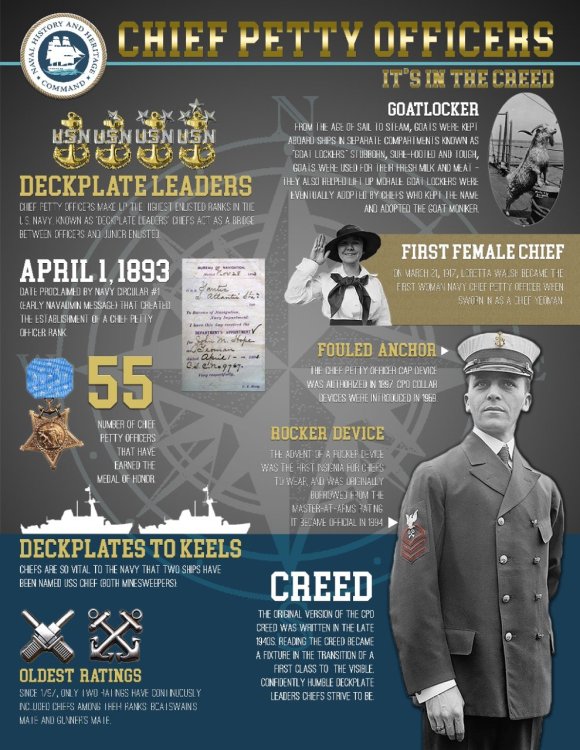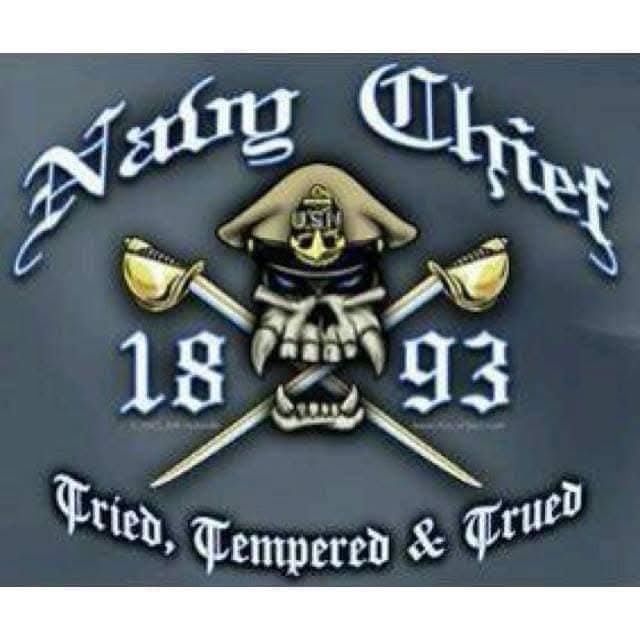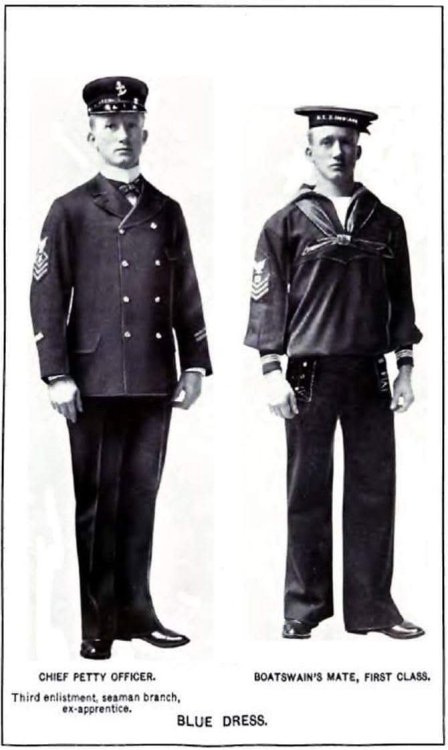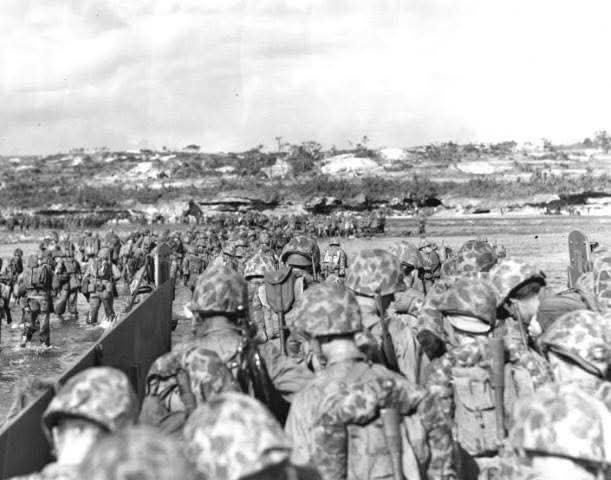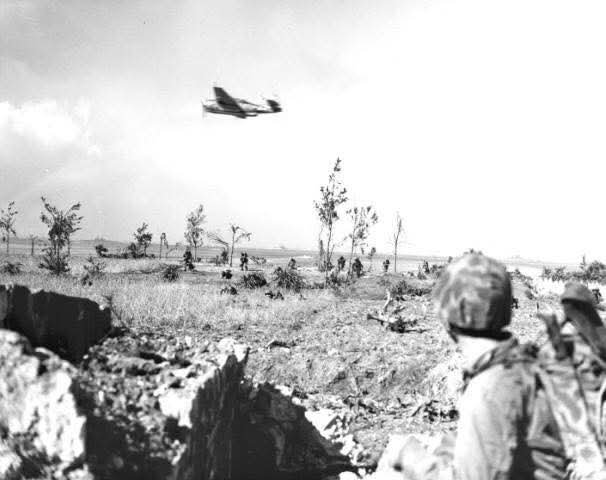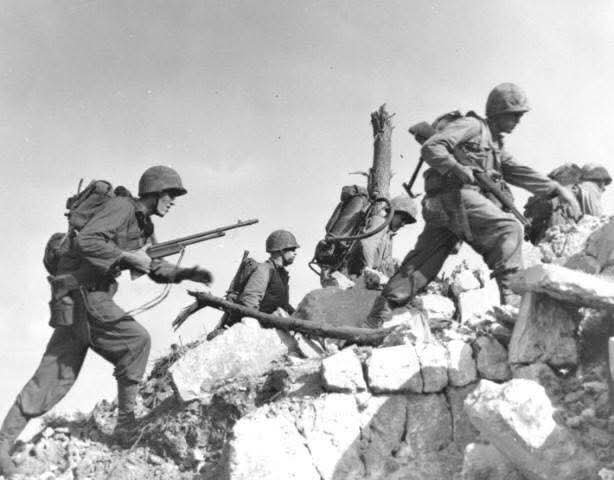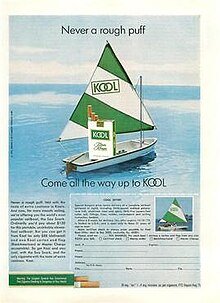-
Posts
53,530 -
Joined
-
Last visited
-
Days Won
632
Content Type
Profiles
Forums
Events
Everything posted by Subdeacon Joe
-
I saw it once. The kids wanted to see it, so we watched it. You didn't miss much. "Hey! Look at this spiffy special effect!" "Oooo.....that's cool! Check out this one!" "Let's put them together!" "Didn't Rolf come up with something last week? We should show him this." (enter Rolf) "Did I hear my name mentioned? What's up?" "Yeah! Lookit this! (plays segments) Didn't you have something last week that would look good with these?" "Sure did! Let me at your computer. (clickety clickety click clickety) OK, got it spliced in." (all 3 in unison) "THAT'S COOOOLLLLL! We can turn that into a movie!" (Weeks later) ''Waddya mea, we need a story?"
-
That is very well done.
-
The real man's version of a fidget spinner.
-
Considering all the favorable press and comments the thug who is alleged to have killed the CEO of United Health Care got, it's not surprising that some emotional cripple took it as license to butcher people associated in any way with pharmaceuticals.
-
Neener, neener, neeeeeeeennnnnnerrrrr!
-
As found on FB The first person to "drive" a Ford-Mustang! Built by Clem Gibson in 1947, he mounted a retired P-51 Mustang cockpit onto an old Ford V8 Chassis! Photo by World War Aviation
-

This years cicadas
Subdeacon Joe replied to Marshal Mo Hare, SASS #45984's topic in SASS Wire Saloon
Hmmmm.....that could have been a classic 1950s B science fiction movie, "The Year of the Cicada." -
Then point out that the same number are killed every day because of people texting while driving and they scream, "That's different! Phones aren't designed to kill!" Then get upset that for something not designed to kill they seem to be good at it. Oh, and by the way, they're an invaluable part of human trafficking and the child porn trade.
-
I think you really mean, "fabricating truth. "
-
Mare Island Brewing Co. · Follow Ssopendortamt1u0:cc l61M220luf8u19taPMt4ci7 crh0 ia9c62 82hc · 95 years ago the first of many Mare Island-built submarines was launched. And much like the ship from the Jules Vern novel, the USS Nautilus (SS-168) was ahead of its time! Launched on March 15, 1930, she went on to make waves in WWII, despite being the oldest submarine in the fleet: Completed 14 successful war patrols between 1942–1945, an elite record Earned a Presidential Unit Citation for outstanding action in enemy waters Rescued 26 civilians—including 4 nuns and 3 children—from Toep Harbor during patrols of the Solomons Raise a pint to her legacy next time you're at the brewery #ussnautilus #ss-168 #mareislandnavalshipyard #mareislandsubmarine #navysubmarine #WWII
-

He was a great Doc Holiday, Val Kilmer passed
Subdeacon Joe replied to Buckshot Bob 's topic in SASS Wire Saloon
WOW! and only 65! Thank you, sir. You played your parts well. -
Cody, Wyoming to host the Running of the Bison this year. All tourists are encouraged to participate.
- 10 replies
-
- 10
-

-
From a few months ago. I hadn't seen this angle before.
- 1 reply
-
- 4
-

-

-
Press Release Petaluma PD Unveils Updated Uniform We are pleased to announce that we were selected as the first department in the bay area to test out new footwear for our officers. Combining high-level law enforcement tactics with the ultimate in comfort, flexibility, and style, our new tactical Crocs feature cutting-edge upgrades such as Code 3 lights and siren visibility, interchangeable MOLLE straps, built-in water-resistant materials, and—of course—extra-wide, anti-slip soles for maximum toe grip during foot pursuits. “We’ve always been proud to bring new technology and innovation into our community,” said Chief Brian Miller. “While other departments rely on traditional footwear, we’re stepping up—quite literally—with a team that’s wearing Crocs. Not just any Crocs, but tactical, purpose-built shoes, engineered for extreme conditions, rapid movement, and maximum comfort during high-intensity situations. We strive to have the right people doing the right thing in the right footwear, which is why we’ve selected these members for our Tactical Crocs Team (TCT)”. The decision to form TCT was inspired by a growing need for more efficient and comfortable footwear. Over the past year, officers have reported numerous foot-related ailments including pinky-toe spasms, spontaneous toenail rebellion, and trench foot, particularly in high-stress situations. The TCT will now be on standby for rapid-response deployments, ready to run into action at a moment’s notice. New footwear will be rolled out in phases, beginning with this team of specially trained officers who recently completed an intensive 12-week Croc immersion program. “We’ve tested these Crocs in the field—running, jumping, even swimming through the Petaluma River—and the results speak for themselves,” said Officer Sarah Derderian. “The adjustable fit, the arch support—it’s like walking on a cloud, but in tactical situations. These shoes have really given us the edge…plus they just look cool.” Want to see the TCT in action? We’ll be at this year’s Butter and Eggs Parade to provide you with the chance to witness firsthand the agility and precision of the TCT. Learn more about the TCT in our comments below.
-
https://www.history.navy.mil/browse-by-topic/communities/chief-petty-officers.html https://veteranscollection.org/2018/04/01/2175/cpo-anniversary/ https://veteranscollection.org/2018/04/01/2175/
-
- 3
-

-

-
https://www.nationalww2museum.org/war/topics/battle-of-okinawa "Terrible Losses Victory at Okinawa cost more than 49,000 American casualties, including more than 12,000 deaths. Among the dead was Tenth Army’s commander, Lieutenant General Simon Bolivar Buckner, Jr., killed on June 18 by an artillery shell during the final offensive. He was the highest-ranking American officer killed in action in the Pacific Theater. About 90,000 Japanese combatants died in the fighting, but deaths among Okinawan civilians may have reached 150,000. The Allies now braced for even greater carnage on Japan’s home islands."
- 1 reply
-
- 2
-

-

Back to those "Round Engines..."
Subdeacon Joe replied to Hardpan Curmudgeon SASS #8967's topic in SASS Wire Saloon
(blush) Thank you! But all I did was pass it along. MAN! If YOU are saying he has some stories, they must be real doozies! -

Ford bringing back stick shift?
Subdeacon Joe replied to Rye Miles #13621's topic in SASS Wire Saloon
No ... a lot of old farts who KNOW how to drive a stick CAN'T drive anymore because they've had their licenses taken away. -
There are some pretty narrow and twisty roads along canyons in San Diego County, and along the California Coast. Really fun in the fog.
-

Ford bringing back stick shift?
Subdeacon Joe replied to Rye Miles #13621's topic in SASS Wire Saloon
I learned in two different pickups, a Ford 3 On the Tree, and a Chevy 3 and a half on the floor (can't really count that granny low as a gear). I like a manual in an ICE vehicle, but don't mind an automatic, especially in a passenger car. -

LBJ pranked his guests
Subdeacon Joe replied to Marshal Mo Hare, SASS #45984's topic in SASS Wire Saloon
In the early '70s Kool Cigarettes, in conjunction with tge Meters Boat Company , had a promotion of the Sea Snark sail boat. One of my brothers had a job at the drive in and between finding Kool Cigarette packages in the parking lot , me picking up packages along the road as I cycled to and from school it didn't take long to get enough to get 2 of the boats. There was a small lake near us, Lake Calavera, that people used for fishing, swimming, RC boats, and a little boating. This was when you could still ride in the back of a pickup. So in the summer we could load the boat in the bed of his pickup along with a surfboard or 2, put 3 people in the cab 3 or 4 in the bed, and head over. One day it was busy. We watched a guy in an Amphicar with 3 or 4 friends drive drive into the lake as we unloaded, there was a guy in a kayak, a couple of people in a small rowboat, we put 5 people in the Kool Boat, which put the Styrofoam hull almost under water....gunwales maybe an inch or two above the water, and a couple of us paddling around on surfboards. Towards the far end of the lake there was a guy sitting under a tree with his bottle of Red Mountain. As I went by him on my surfboard I greeted him, asked how he was doing. He allowed that he was too drunk because he'd watched a car drive by on the lake, then 5 people with a sail, but no boat, a rowboat, a kayak, and now a kid on a surfboard. -

Ford bringing back stick shift?
Subdeacon Joe replied to Rye Miles #13621's topic in SASS Wire Saloon
Interesting. Useless, but Interesting. There's no more "lack of driver engagement " than in an ICE with an automatic transmission. I'll admit that it took a while to get used to not hearing an engine. That lack of aural input makes it seem as if you're going slower than you actually are. -
In a response to a post in a milblog I did some looking around for War of 1861 heel plates. I found an interesting bit, non-military https://www.clarendonvthistory.org/HSWF_DisplayItem?ID=225&XS=A The comment "The one on the far left in the cover photo is typical of heel plates worn by Civil War soldiers. The two heart shaped heel plates would have been worn by women," is incorrect, as there are many examples of War of 1861 Jefferson Booties, M-1851, with heart heel plates. But an interesting women's shoe with that style of plate.
-
- 1
-

